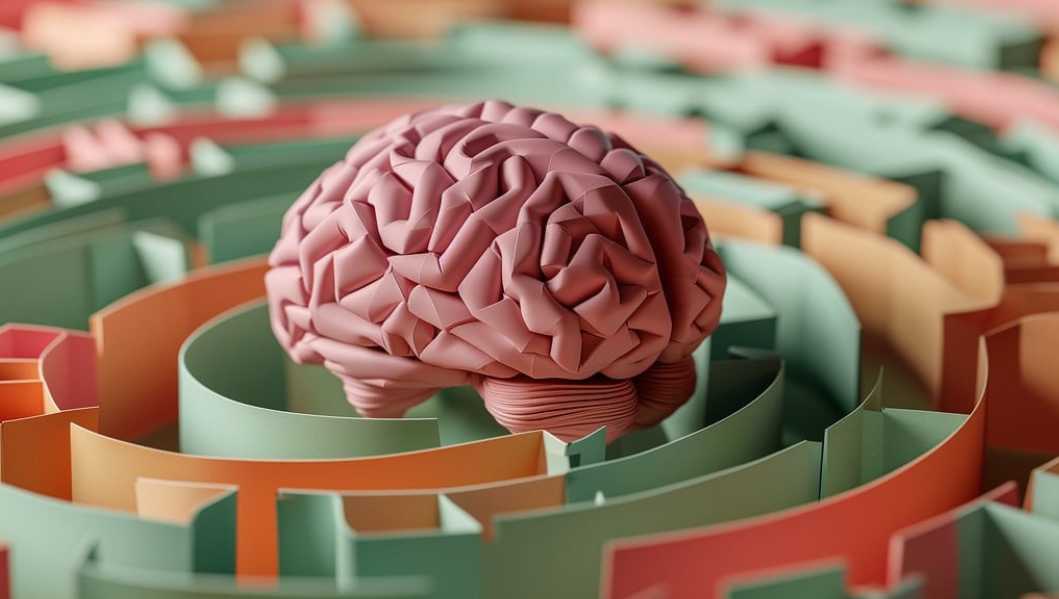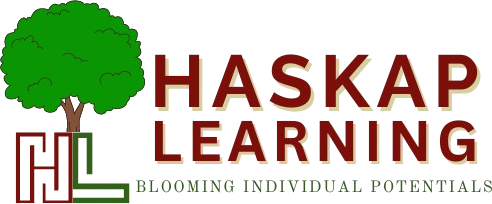
Learning Support: Integrating Cognitive Training with Academic Remediation
When a child requires learning support, many educators and therapists concentrate on repetitive teaching of academic subjects without addressing the underlying cognitive skills that facilitate learning. This oversight can result in limited progress, as students may struggle with attention, memory, or processing speed, which impedes their ability to grasp and retain academic content.
For example, a student with poor working memory might have difficulty following multi-step instructions, while another with attention deficits might be unable to focus long enough to complete assignments. By not addressing these cognitive issues, traditional remediation methods fall short.
Cognitive training aims to enhance the brain’s ability to perform these essential functions. Techniques can include targeted exercises, computer-based programs, and interactive activities designed to improve specific cognitive skills. Research has shown that cognitive training can lead to significant improvements in various cognitive domains, which in turn can enhance academic performance.
To create a more effective remediation strategy, schools should integrate cognitive training with traditional teaching methods. This dual approach can help students build the cognitive foundation needed for academic success.
What to do:
Assessment: Begin with a comprehensive cognitive assessment to identify specific weaknesses in attention, memory, processing speed, and executive functions.
Targeted Interventions: Implement cognitive training exercises tailored to address the identified weaknesses. These can be integrated into daily lessons and activities.
Teacher Training: Educators and therapists should receive training on the importance of cognitive skills and how to implement cognitive training in their teaching.
DEFINITIONS:
Cognitive skills: These are mental capabilities that enable individuals to process information, remember, reason, and solve problems.
Attention: The ability to focus on a task, encompassing sustained, selective, and divided attention.
Memory: The capacity to retain information and recall it when needed, including short-term, long-term, and working memory.
Processing Speed: The rate at which the brain takes in and uses information.
Executive Functions: Higher-level cognitive processes such as planning, decision-making, problem-solving, and inhibitory control.


